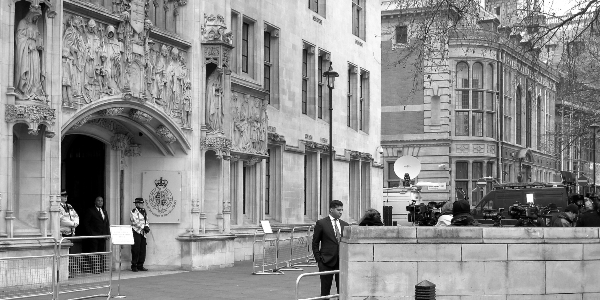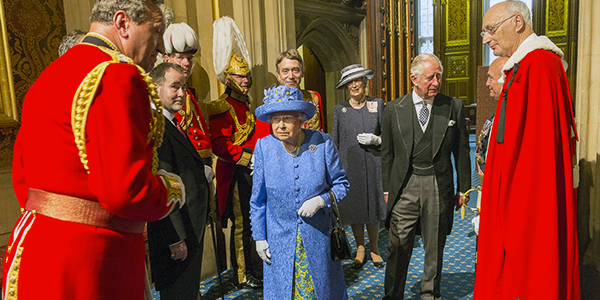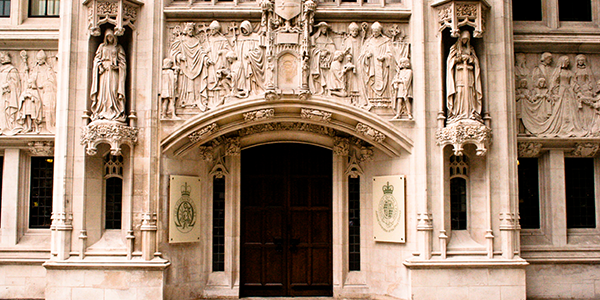The need for a better understanding of our judiciary has never been greater
Judges sometimes disagree. What if the Supreme Court is split in its judgment on the appeal hearing on the prorogation of Parliament? With 11 Supreme Court Justices sitting in this case, that could easily happen. Will Justices who find that the Prime Minister acted unlawfully in procuring the suspension of Parliament be labelled as ‘Remainers’ or even ‘Enemies of the People’, language which the Daily Mail notoriously resorted to in 2016? Could those who reach the opposite conclusion perhaps be portrayed as ‘Leavers’ who prefer to stand aside while the government pursues its Brexit policy without parliamentary scrutiny for five weeks? We should not divide the Supreme Court into Leavers and Remainers, argues Jan van Zyl Smit. The need for a better public understanding of our judiciary has never been greater.












 Democratic Audit's core funding is provided by the Joseph Rowntree Charitable Trust. Additional funding is provided by the London School of Economics.
Democratic Audit's core funding is provided by the Joseph Rowntree Charitable Trust. Additional funding is provided by the London School of Economics.